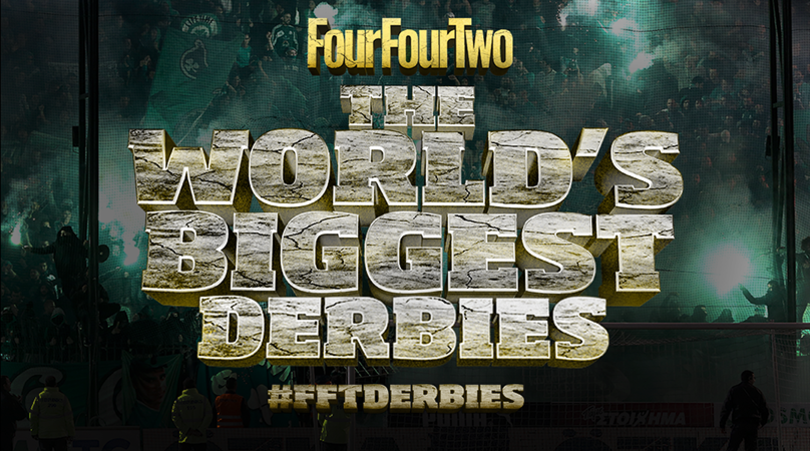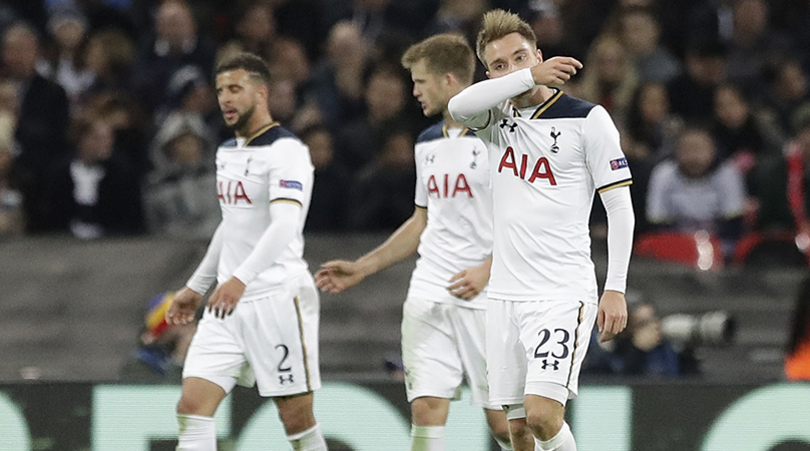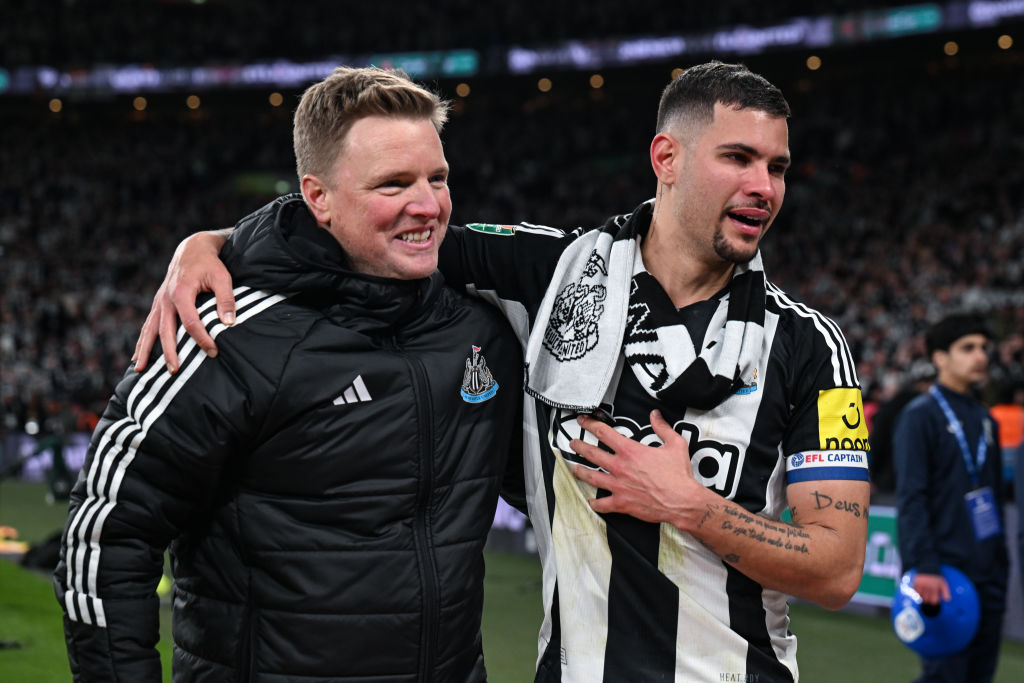Why games like Arsenal vs Spurs remain emotional in football's analytical world
Seb Stafford-Bloor explains how clashes between rival clubs represent the game at its most pure and primal
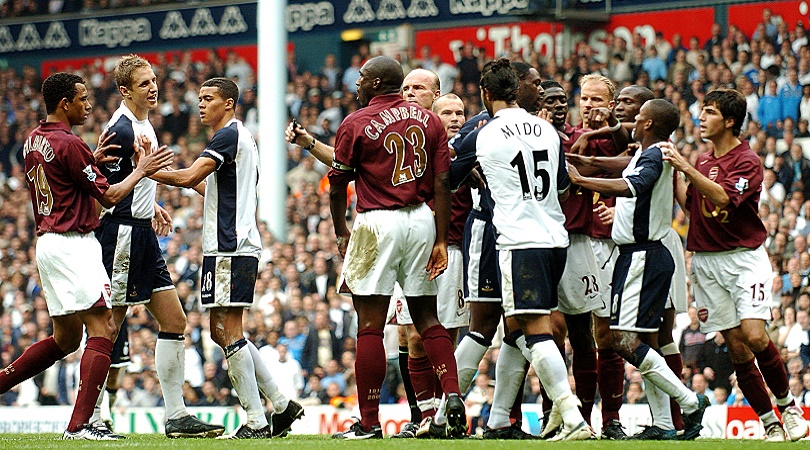
Nobody really wins on derby day. One team will often score more than the other and supporter moods become polarised by the result, but everyone affected by the fixture is left feeling the same: exhausted.
Derbies are standalone fixtures contested in rarified air; every bounce of the ball seems a little bit slower, every surrender or retrieval of possession that much more important. In the common lexicon, the afternoons, evenings and mornings after these games are supposedly awash with garish braggadocio and playground armies dancing taunting jigs down enemy high streets.
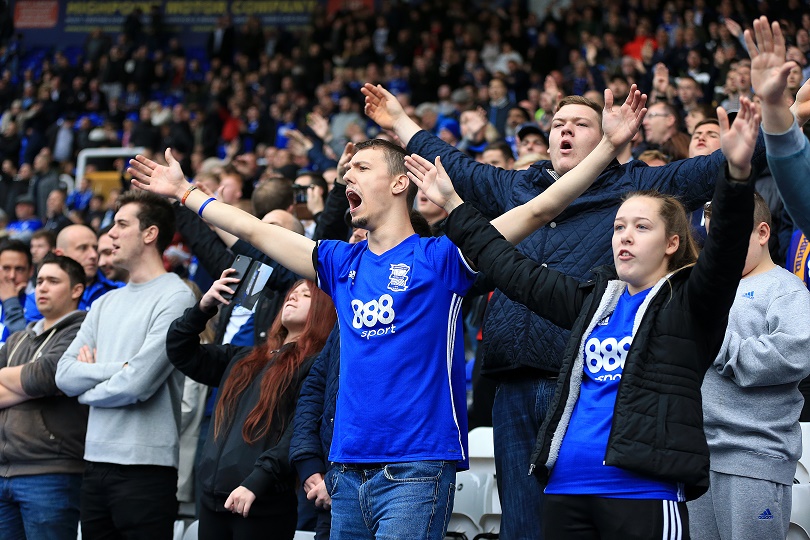
As another north London derby looms into view, we're reminded that this isn't really the case. Three or four days out, the world debates the tactical probabilities and frets over injured or suspended players, but as Friday's shadows lengthen, the analysis melts away. These are games which pulse with life and aren't contained by any natural shape, and so they become occasions to survive rather than enjoy.
They define moods, certainly, and they can prompt week-long sulks, but they typically reduce the attendees to a febrile mess. Whatever the outcome, the final whistle tends to deliver the same feeling: it's the sugar low after the candy rush.
Searching for an answer
Those who can't accurately diagram a game's shape or describe it in binary code are often looked down upon, and even those led by reasonable emotional responses are sneered at
Unquestionably, these are special occasions – because of the rivalry, of course, but also because they puncture contemporary football's banality. The way the modern game is discussed produces a numbing effect. While defeats were once galling and victories ever so sweet, now the results either meet expectations or they don't.
Social media probably amplifies this, but the trend now is for the post-game mourning or celebration to be skipped. The more incontinent fringes default into states of hopeless self-parody, of course, but many others transition smoothly into emotionless evaluation: what went well, what didn't, what should happen differently next week. It's hard to know exactly where that comes from but, at a guess, the sheer volume of matches and football's increasingly forward-thinking nature are likely to blame.
Get FourFourTwo Newsletter
The best features, fun and footballing quizzes, straight to your inbox every week.
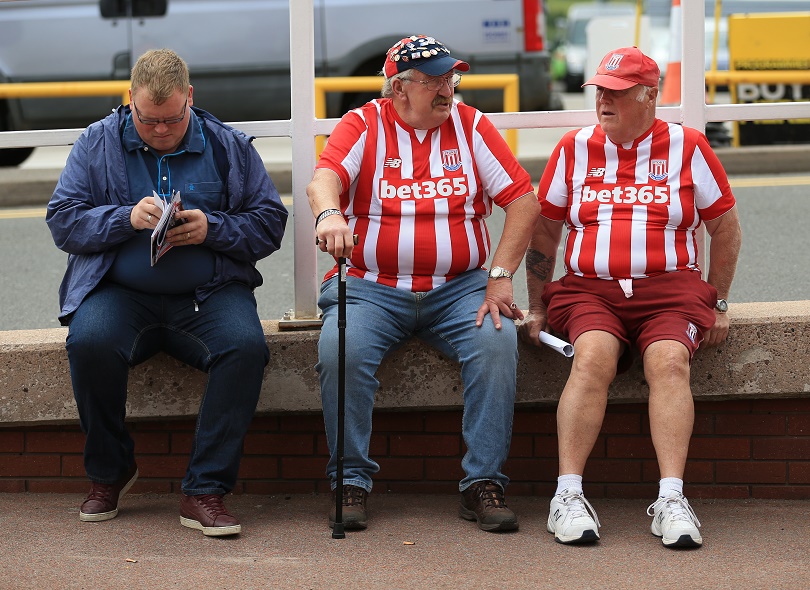
The sport's intellectualisation is complicit, certainly, because there exists an implied need to understand everything that occurs. Those who can't accurately diagram a game's shape or describe it in binary code are often looked down upon, and even those led by reasonable emotional responses are sneered at. The overarching theme, however, is the contemporary fan's fixation on the future and what individual results mean long-term. Winning 3-0 on a Saturday is nice, sure, but it's become a means to an end: to championships, to avoiding relegation, to qualifying for money-spinning continental competitions.
As long as organised league football has been played, that mentality has existed in some form or another, but it seems to have intensified in recent decades. This is now a world of net spends and concerns over amortisation rates, so clubs' trajectories are no longer defined by what they do (or don't do) between the first and last whistles.
Standalone fixtures
Show any Spurs supporter highlights of the 3-2 win over Arsenal in November 2010 and they'll be able to tell you what they had for breakfast that morning
Derbies are the exception to that. They may be subject to the same rules of any other game and, like the rest of the fixture list, they define seasons in much the same way. The difference is in the isolation, though, and in how they survive as reference points.
To a Tottenham fan, the memory of beating Sunderland or Norwich at home is pleasant enough but will ultimately become lost within the collage. However, show any Spurs supporter highlights of the 3-2 win over Arsenal in November 2010 and he or she – even now – will probably be able to tell you how they felt before the game and what they had for breakfast that morning. Ask them who their side faced the week before and after, however, and they'll either hesitate or have no recollection.
Over time, the mystique for and attachment to derby fixtures is only likely to grow. The broadcasting network that surrounds football has become so opulent that inorganic rivalries have been constructed. Sky Sports pay so handsomely for the privilege of showing Premier League games that, naturally, their aim is apparently focused on creating 38 straight weeks of blockbuster encounters. Super Sundays and Monday Night Footballs come and go, with each marquee fixture claimed to be more seismically important than the last.
Manchester United versus Chelsea, for instance, is loaded with transient significance despite the geographical disconnect. What constitutes "important" is changing; big games are the ones of relevance rather than those of any great texture. There's nothing wrong with that – the sums of money gambled by broadcasters make it a necessity – but the consequence is the community's tightening grip on more authentic encounters.
Deep-rooted difference
Typically, beyond simple locality, derbies are intertwined with deeply felt local issues and are guaranteed their supply of gravitas. Some of those causes have been diluted by time and, in certain instances, the depth of feeling is affected, but that substance still provides an elusive legitimacy which the modern fan is being increasingly denied.
Manchester United against Liverpool, though not a traditional derby, owes its ferocity not just to sporting competition, but also to the differing economic routes taken by the respective cities over the past 30 years. The two Glasgow teams, Rangers and Celtic, are defined by their respective religious foundations, and the two Merseyside outfits were originally separated by differing political ideologies before Everton moved to the other end of Stanley Park.
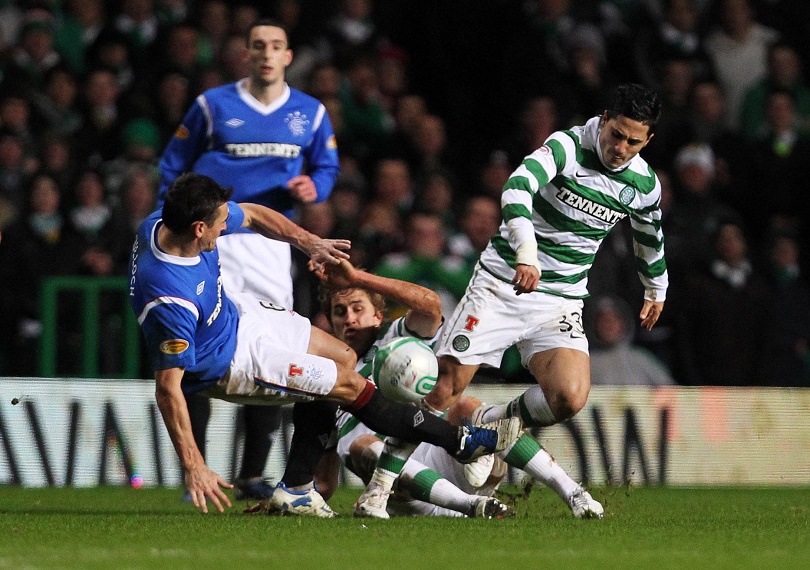
The north London derby draws its fuel from a similar place. It's been 103 years since Woolwich Arsenal crossed the Thames and moved into Tottenham's catchment area, and that kind of anti-territorial move carries a permanent resonance.
The rivalry today is better defined by the two clubs' modern histories, their more recent encounters and by generic antagonism, but at the heart of it lies a depth that can't be manufactured by a television executive or just the simple repetition of a fixture. While a tenuous conclusion, the steady migration of top-flight fans towards phoenix clubs and non-league teams might betray that diluting influence; though a movement animated by a range of different social and economic factors, it seems part-animated by a search for elusive spirit and meaning.
Derbies retain that reassuring heft of significance and, ultimately, that helps to explain both their popularity and why they weigh as heavily as they do on supporters' shoulders. The air surrounding them is thick with indefinable importance and it leaves those within it poisoned by adrenaline and emotionally empty. Intolerable though that may sound, it's the game at its most pure and primal.
FourFourTwo's 50 Biggest Derbies in the World • New features you'd like every day
Seb Stafford-Bloor is a football writer at Tifo Football and member of the Football Writers' Association. He was formerly a regularly columnist for the FourFourTwo website, covering all aspects of the game, including tactical analysis, reaction pieces, longer-term trends and critiquing the increasingly shady business of football's financial side and authorities' decision-making.
